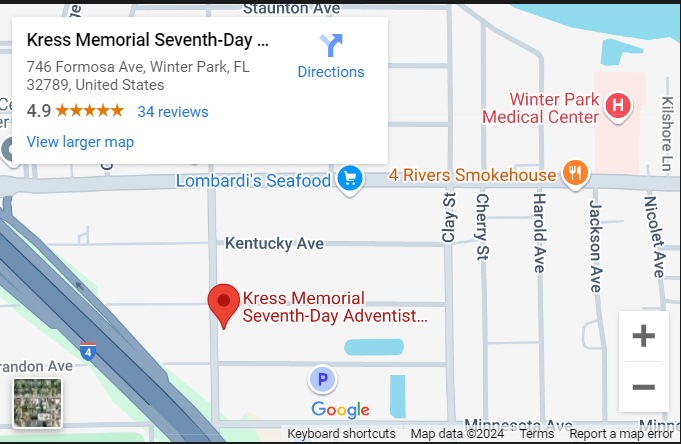
Special surfaces typically refer to surfaces that require special attention or techniques when applying wraps or coverings. These surfaces may include:
Textured Surfaces: Such as brick, stucco, or rough concrete, which can pose challenges due to their uneven texture.
Curved Surfaces: Like complex vehicle contours or irregular shapes that require precision to ensure the wrap adheres smoothly without creases or bubbles.
High-Gloss Surfaces: Such as highly polished metals or plastics, which may need extra care to avoid visible imperfections or adhesion issues.
Low-Energy Surfaces: Including materials like polypropylene and some types of powder-coated paints that resist adhesion, requiring specialized adhesive techniques or primers.
Sensitive Surfaces: Such as delicate wallpapers, where the application of wraps must be done carefully to avoid damage.
Outdoor Surfaces: Subject to environmental factors like UV radiation, moisture, and temperature changes, necessitating wraps that are durable and resistant to fading and peeling.
Each of these surfaces demands specific expertise in material selection, preparation, and application techniques to achieve a professional and long-lasting result.

